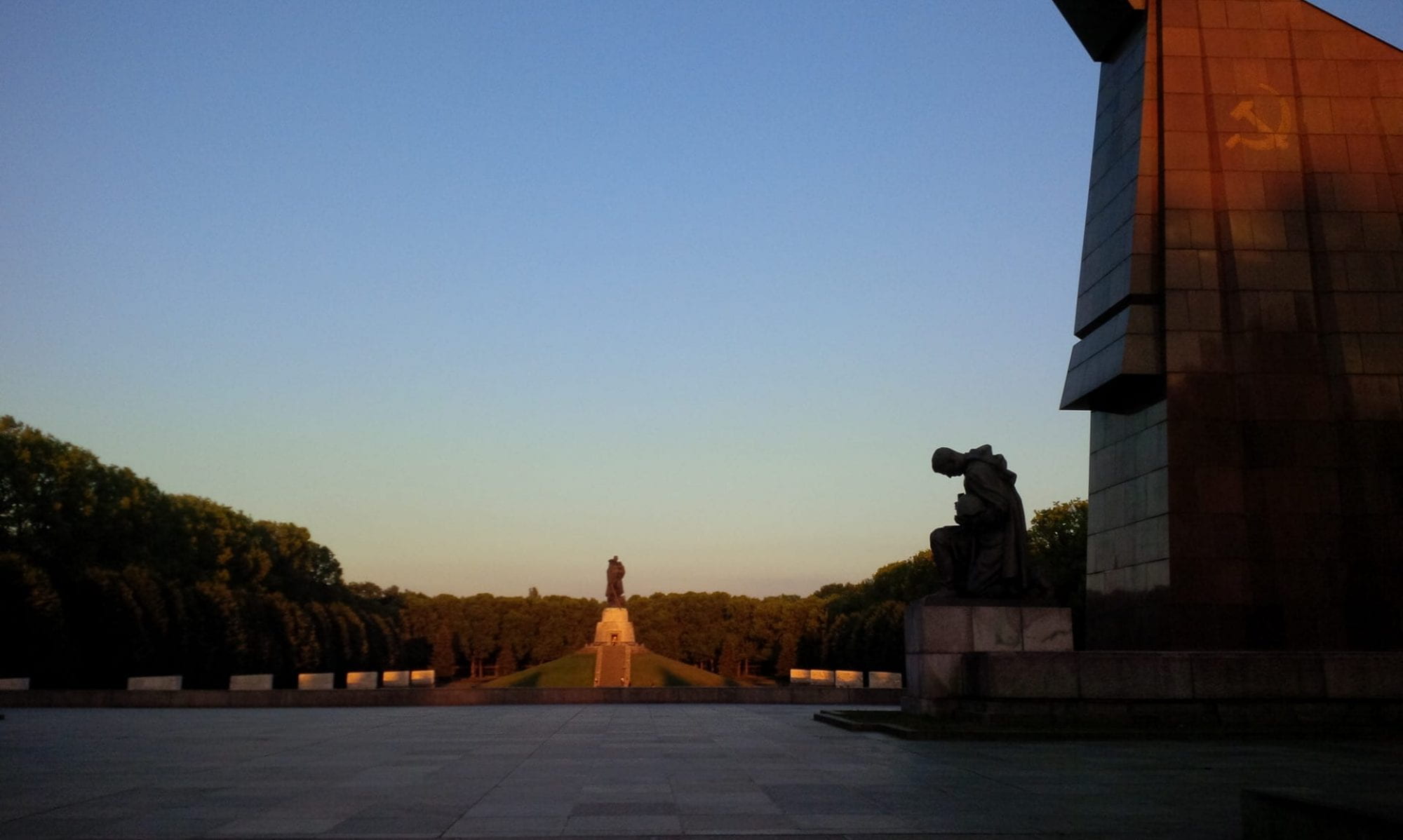At the Material Secularisms workshop in late February, certain researchers remarked that they are often overcome by their subject, beginning to read “affect” or “secularism” into each conversation, encounter, and object that punctuates daily life. So too are my reflections on the workshop’s presentations and exchanges now diffracted through this undeniably overwhelming historical moment, marked by the explosion of the Coronavirus pandemic. When considering the conference’s thematic constellations, and indeed in thinking “materiality” and “secularism,” it is clear that the workshop’s discussions and this wily, agential, border-crossing virus have much to say to one another.
Each panel presentation was informed by an impulse to complicate the constructed binaries that structure the discourse around secularism and religion: invisibility and visuality, human and nonhuman, dead and alive, material and immaterial. In the “Nature” panel, Mayanthi Fernando interrogated the secular commitment to the visible as the exclusive site of the “real,” questioning how the agentiality of supernatural, nonhuman actants might reimagine multispecies relationalities. The novel coronavirus is one such elusive and invisible agent, which nevertheless inflicts material consequences on bodies, on body politics, and on a seemingly cleaner environment that appears to grow more vibrant as human life recedes. The discussions engendered by the “Nature” panelists serve as reminders to decenter human agency and to accept the necessary failings of human knowledge – but also to resist eco-fascist celebrations of the loss of human life, which uncritically reify an imagined nature/culture divide and fail to acknowledge recuperative modes of interdependent existence.
The “Structure/Infrastructure” panel, like Courtney Bender’s opening keynote presentation, turned our attention to the places and spaces in which bodies stage both “secular” and “religious” performances. Matthew Engelke’s account of the offices and funerary practices of the Humanists UK highlighted sites of working and dying that the current pandemic has contested, and Chad Seales’s remarks on the material productions of nativist, bloodline-based evangelicalism in the United States foreshadowed those communities’ responses to the Coronavirus threat. I have often wondered in the past weeks what the “Affect” panelists might say – regarding consumption, pleasure, and secular feeling – about the panic-buying and investments in science that have colored the early responses to the virus. Finally, the “Body” panelists’ consideration of the policing of bodies, particularly in light of Heather Jaber’s, Ann Pellegrini’s, and Jolyon Thomas’s attention to divides of sex, gender, race and nationality, serve as a warning to avoid universalizing or equalizing narratives about the global spread of the virus: like secularism, religion, and discipline, this pest afflicts precarious bodies, communities, and populations with an acute necropolitical force.
The organizers and attendees of the Material Secularisms conference could not have known that only weeks later academic events would be cancelled or transferred to Zoom or Skype screens the world over. This fortuitous timing made it an even more distinct privilege to take part in this intimate exchange, peppered as it was with handshakes and laughter, and only highlighted the urgency of its critical and convivial discussions.
Elizabeth Berman is a graduate student in Gender Studies at the Humboldt-Universität in Berlin.
